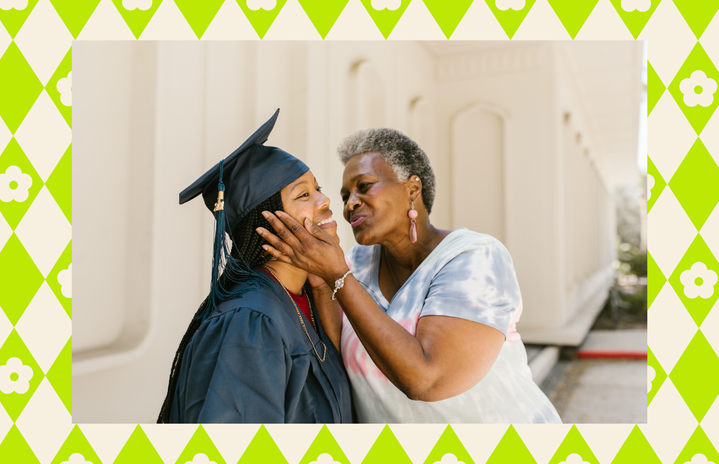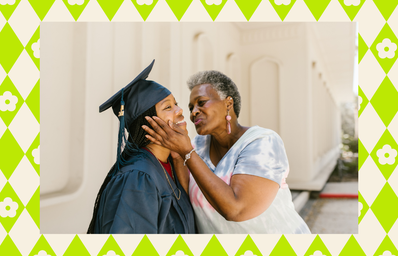Historically Black Colleges and Universities (HBCUs) have played a pivotal role in the history of the United States, particularly in the education and advancement of African Americans. These institutions hold a unique place in the nation’s history, having been founded during times of racial segregation and inequality. This essay will explore the historical significance of HBCUs, highlighting their contributions to education, civil rights, and the African-American community.
The Origins of HBCUs
The history of HBCUs dates back to the post-Civil War era when the United States was grappling with the Reconstruction period. During this time, the education of African Americans was a contentious issue, as newly freed slaves sought opportunities for learning and self-improvement. Many white institutions were resistant to admitting black students, leading to the establishment of HBCUs.
The founding of HBCUs like Howard University (1867), Hampton University (1868), and Morehouse College (1867) provided African Americans with access to higher education and vocational training. These institutions quickly became essential centers for education and cultural enrichment for the African-American community.
Education and Social Mobility
HBCUs have historically played a crucial role in providing educational opportunities to African Americans, enabling them to attain higher education and professional skills that were otherwise denied to them due to systemic racism. These institutions have empowered countless individuals to break free from the cycle of poverty, discrimination, and social marginalization. The degrees obtained from HBCUs opened doors to various professions, such as teaching, medicine, law, engineering, and more, creating a pathway for upward social mobility. This was also a way for us to learn about our own history while creating it.
Promoting African American Leadership
Historically Black Universities have also been instrumental in fostering leadership and community development among African Americans. Alumni of HBCUs, such as Thurgood Marshall, Martin Luther King Jr., and Kamala Harris, have made significant contributions to the civil rights movement, politics, and the betterment of society as a whole. HBCUs instilled in their students a sense of pride, resilience, and determination, which drove them to be leaders in the fight for civil rights, justice, and equality.
The Civil Rights Movement
HBCUs were at the forefront of the civil rights movement, serving as centers for organizing and activism. Students and faculty from HBCUs were actively involved in the struggle for civil rights, and these institutions provided a safe space for intellectual discourse and planning for social change. The Greensboro sit-ins, the Student Nonviolent Coordinating Committee (SNCC), and countless other pivotal moments in the civil rights movement were shaped and led by individuals who were products of HBCUs.
Cultural and Intellectual Contributions
Historically Black Universities have made significant contributions to the cultural and intellectual heritage of the United States. They have been a source of African-American literature, music, art, and scholarship. Writers, musicians, and scholars associated with HBCUs have made profound impacts on American culture and continue to do so.
HBCUS are undeniably significant in the history of the United States. They emerged as beacons of hope during a period of racial injustice and segregation, providing education, empowerment, and leadership opportunities to African Americans. These institutions played an integral role in the fight for civil rights, fostered community development, and enriched American culture and intellect. The historical significance of HBCUs is a testament to the resilience, strength, and determination of African Americans to overcome adversity and contribute to the betterment of society.


